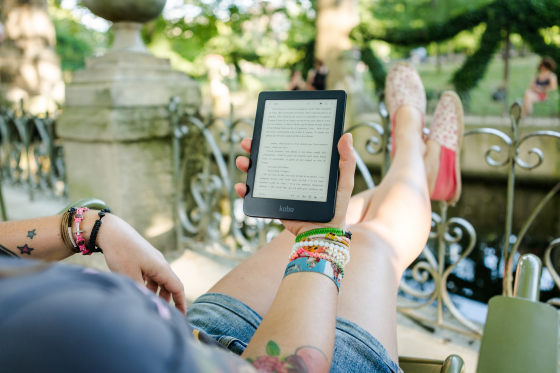What are the problems with 'the business of licensing ebooks to libraries'?

The amount of e-books handled by public libraries is on the rise, but unlike paper books, libraries do not 'buy' e-books, and 'selling e-book lending rights' to the library is one business. Is a big problem.
An App Called Libby and the Surprisingly Big Business of Library E-books | The New Yorker
https://www.newyorker.com/news/annals-of-communications/an-app-called-libby-and-the-surprisingly-big-business-of-library-e-books
The library can lend physical books free of charge because of the 'First Sale Doctrine', an exception to the Copyright Law, which states that 'Once obtained in a legal manner, it can be sold and lent without the permission of the copyright holder.' Because it exists. On the other hand, libraries in recent years handle not only physical books but also e-books, but the first-sale doctrine does not apply to e-books. This is because there is a mechanism in which e-books are not purchased by the library, but third-party vendors who purchase digital distribution rights from publishers sell 'rental rights' to the library.
When the pandemic of the new coronavirus infection (COVID-19) occurred in 2020, the handling of e-books increased sharply in American libraries. So, for example, the Denver Public Library increased its budget for digital books, which was 20% of its total budget in 2019, to one-third of its total budget in 2020. The number of loans increased by 60% from the previous year to 2.3 million. However, it has been reported that lending e-books is more expensive than lending paper books, which puts pressure on the library's finances.

There are several services that sell e-book lending rights to libraries,
OverDrive was originally founded in the 1980s as a 'document digitization' company. As of 2021, most of OverDrive's revenue comes from 'licensing digital content to schools and libraries,' in other words, 'American taxes are the main source of revenue.' It has been pointed out.
In 2000, OverDrive helped publishers open online stores to sell ebooks directly to consumers, and encouraged several publishers to license ebooks to libraries. As a result, e-books that were only sold through Amazon until then are now sold to the library under the license 'one copy to one reader'. This license has no expiration date, and the mechanism of the paper book itself that 'one user returns the ebook and the next user can borrow it' has been reproduced.

However, in 2011, publisher Harper Collins introduced a new model that caps licenses up to 26 times. With this license, the library will have to repurchase the license after 26 loans. In addition, other publishers have followed this move to increase profits by introducing various variations such as 'licenses for two years' and 'licenses that can be borrowed by multiple users at once'. As a result, the library uses different licenses, such as 'books that users borrow over the next years, such as classic works, are expensive permanent licenses' and 'books that appear to be trendy at one time are purchased in large quantities at low prices.' It is said that it has become.
For example, when purchasing a license for 'A Promised Land, ' a memoir of President Barack Obama, the New York Public Library (NYPL) first purchased 310 perpetual audiobook licenses for $ 95 per license. I bought it for a total of 29,450 dollars (about 3.2 million yen). Also, purchased 639 e-book licenses for 1 and 2 years, for a total of $ 22,512 (about 2.5 million yen). A Promised Land was sold as an e-book for consumers for $ 18 (about 2000 yen), which is equivalent to 3000 e-books for consumers. Meanwhile, NYPL purchased only 260 A Promised Land hardcovers as of August 2021. The list price of the hardcover is 45 dollars (about 5000 yen), but Amazon can purchase it from 23.3 dollars (about 2600 yen). Thousands of people borrowed this ebook in the first three months, and thousands were on the waiting list.
OverDrive handles multiple licenses as described above, and the library is engaged in daily operations such as price negotiations with publishers and management of digital rights systems. On the other hand, the problem is that Apple and Amazon are colluding with publishers to raise the price of ebooks.
Apple loses in a trial that challenges the Justice Ministry head-on with ebook price fixing-GIGAZINE

Amazon is accused of 'collusion with a major publisher to raise the price of ebooks' --GIGAZINE

OverDrive already occupies a large market share, but it is possible that the cost of ebooks in libraries will increase further in the future as integration progresses and competition disappears. Demand for libraries to handle digital content is increasing, but soaring prices can make the 'digital content licensing system' unacceptable for libraries in the long run. For this reason, it is necessary to amend the law in some way and regain the public right for ebooks so that the library has the public right by the first sale doctrine for physical books. .. Maria Bustillos of Brick House, a publishing collaborator, pointed out the current problem, 'The important point of the library is'preservation', and in order to preserve it, the library must own it.'
Related Posts:
in Note, Posted by darkhorse_log







